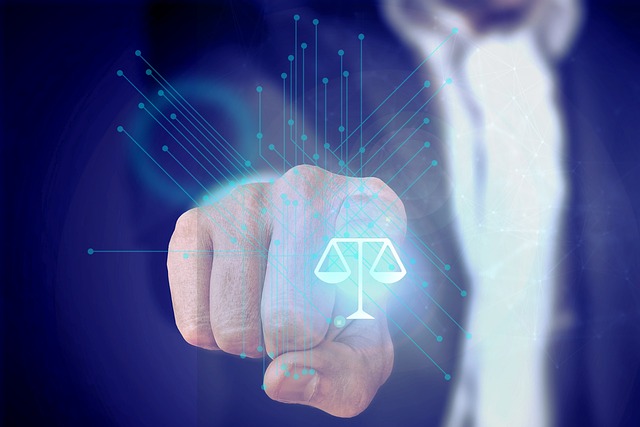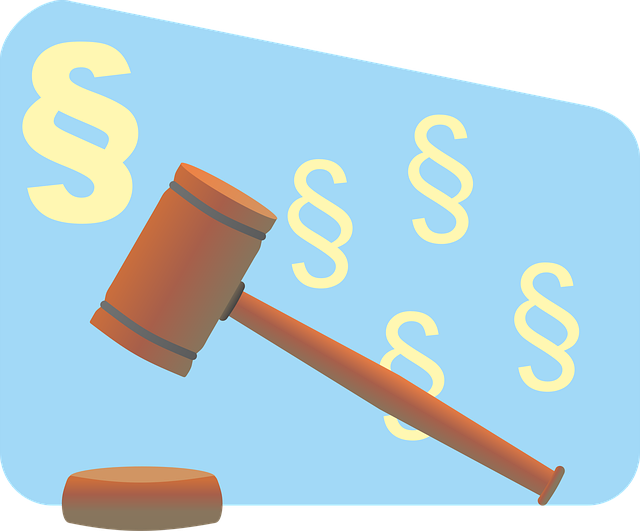Healthcare Compliance Experts are indispensable navigators of intricate regulations, including HIPAA privacy and clinical protocols. They proactively monitor legislative changes, interpret policies, and offer strategic defenses, mitigating legal risks for healthcare providers. Understanding the "Criminal Procedure Timeline from Arrest to Trial" is a core competency, crucial for addressing high-stakes cases and protecting patient data. With evolving guidelines from FDA and HIPAA, these experts leverage their analytical skills, communication prowess, and technological tools (like AI) to ensure ethical practices while securing favorable outcomes in diverse legal landscapes.
Healthcare Compliance Experts play a pivotal role in ensuring medical institutions adhere to legal and ethical standards. This article delves into their multifaceted responsibilities, including navigating complex regulations and procedures. We’ll explore key aspects like the criminal procedure timeline from arrest to trial, highlighting challenges faced by these experts and essential skills for success. Additionally, we’ll look at future trends and innovations shaping the dynamic field of healthcare compliance.
- Understanding Healthcare Compliance Experts: Their Role and Responsibilities
- The Criminal Procedure Timeline: A Overview From Arrest to Trial
- Challenges Faced by Healthcare Compliance Experts in Navigating Legal Complexities
- Key Skills Required for Effective Healthcare Compliance Expertise
- Future Trends and Innovations in the Field of Healthcare Compliance
Understanding Healthcare Compliance Experts: Their Role and Responsibilities

Healthcare Compliance Experts play a pivotal role in ensuring that healthcare organizations adhere to a complex web of regulations and laws. Their primary responsibility is to navigate the intricate landscape of healthcare rules, which encompass everything from patient privacy protection (like HIPAA) to specific clinical protocols and industry-wide standards. These experts are crucial in minimizing legal risks, preventing costly violations, and fostering an ethical healthcare environment.
Beyond general criminal defense strategies, they proactively monitor changes in legislation and regulatory policies, often interpreting them before they come into effect. Their expertise isn’t just theoretical; it translates into winning challenging defense verdicts. With an unprecedented track record of success, these professionals ensure that healthcare providers can focus on patient care without the constant burden of legal uncertainty.
The Criminal Procedure Timeline: A Overview From Arrest to Trial

The Criminal Procedure Timeline: A Seamless Journey From Arrest to Trial is a critical aspect for healthcare compliance experts to understand, especially when dealing with potential legal issues or high-stakes cases. This process begins at the point of arrest, where an individual is taken into custody by law enforcement, and their rights are read to them, marking the initial stage of criminal procedure. From this moment, every step must be meticulously documented and executed according to strict protocols.
As the timeline progresses, the case enters the investigation phase, where evidence is gathered, and statements are taken. This period is crucial for building a robust defense strategy, particularly in white-collar defense cases. The process then moves towards pretrial hearings, where the accused has the opportunity to challenge the prosecution’s case and ensure a fair trial. These hearings are pivotal in shaping the trajectory of high-stakes cases, ultimately leading up to the trial itself, where legal arguments and evidence presentation determine the outcome, often resulting in winning challenging defense verdicts.
Challenges Faced by Healthcare Compliance Experts in Navigating Legal Complexities

Healthcare Compliance Experts face a complex landscape when navigating legal complexities, particularly in high-stakes cases that span across the country. They must meticulously manage a multifaceted process involving intricate regulations, changing laws, and diverse business operations. This includes keeping pace with evolving guidelines from federal agencies like the FDA and HIPAA, ensuring adherence to state-specific requirements, and understanding the criminal procedure timeline from arrest to trial – a crucial aspect for protecting patient data and rights.
These experts play a vital role in preventing legal pitfalls and mitigating risks associated with non-compliance. They must remain agile and adaptable, constantly updating their knowledge base to stay ahead of regulatory changes that could significantly impact respective businesses. This demanding environment requires not just technical expertise but also strategic thinking and strong communication skills to collaborate effectively with diverse stakeholders, including legal teams, healthcare providers, and government agencies.
Key Skills Required for Effective Healthcare Compliance Expertise

In the dynamic landscape of healthcare, compliance experts must possess a multifaceted skill set to navigate complex regulations and ensure institutional integrity. Among the key skills required for effective expertise in this field is an in-depth understanding of Criminal Procedure Timeline From Arrest to Trial. This knowledge is pivotal when dealing with legal implications arising from non-compliance, helping professionals anticipate potential pitfalls and devise robust risk mitigation strategies.
Moreover, successful healthcare compliance experts should excel in critical thinking and analytical abilities. They must be adept at interpreting intricate laws and regulations, identifying loopholes or areas of ambiguity, and proposing innovative solutions. Their ability to craft winning challenging defense verdicts, backed by an unprecedented track record, is testament to their mastery over these skills. By achieving extraordinary results, they not only safeguard institutions but also contribute to the advancement of ethical practices within the healthcare sector.
Future Trends and Innovations in the Field of Healthcare Compliance

The future of healthcare compliance is brimming with technological advancements and evolving regulations that will shape the industry. Artificial intelligence (AI) and machine learning algorithms are poised to play a significant role, streamlining processes like document review, risk assessment, and policy creation. These innovations promise to enhance efficiency, accuracy, and consistency in managing complex regulatory frameworks, such as those governing electronic health records (EHRs) and patient data privacy under laws like HIPAA.
As the demand for specialized expertise grows across the country, high-stakes cases are expected to drive the need for dynamic legal strategies. Healthcare professionals must stay ahead of the curve by adapting to changes in criminal procedure timelines from arrest to trial, ensuring they can navigate these complex landscapes effectively. Achieving extraordinary results in this domain will require a deep understanding of emerging trends and a commitment to staying informed about evolving best practices in healthcare compliance.
Healthcare compliance experts play a pivotal role in ensuring that medical institutions adhere to legal and ethical standards. By understanding their multifaceted responsibilities, from interpreting complex regulations to managing criminal procedure timelines, we can appreciate the intricate work they do. Navigating the challenges posed by evolving laws and staying abreast of innovations in healthcare compliance is crucial for maintaining patient safety and institutional integrity. With key skills like analytical thinking and strong communication, these experts are well-positioned to steer institutions through the complex landscape of healthcare regulations, including the entire criminal procedure timeline from arrest to trial.






